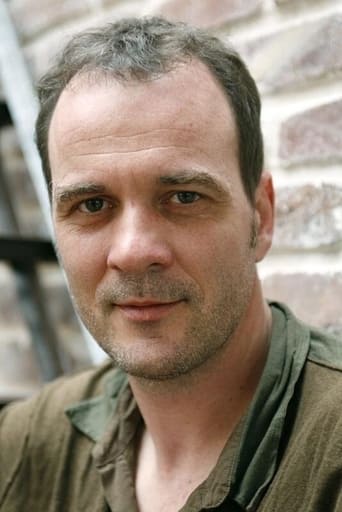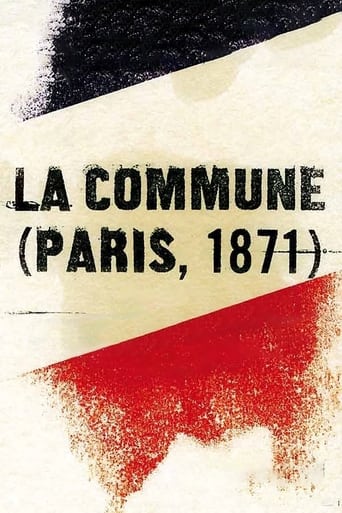
La Commune (Paris, 1871)
July. 03,2003We are in the year 1871. A journalist for Versailles Television broadcasts a soothing and official view of events while a Commune television is set up to provide the perspectives of the Paris rebels. On a stage-like set, more than 200 actors interpret characters of the Commune, especially the Popincourt neighborhood in the XIth arrondissement. They voice their thoughts and feelings concerning the social and political reforms.
Similar titles
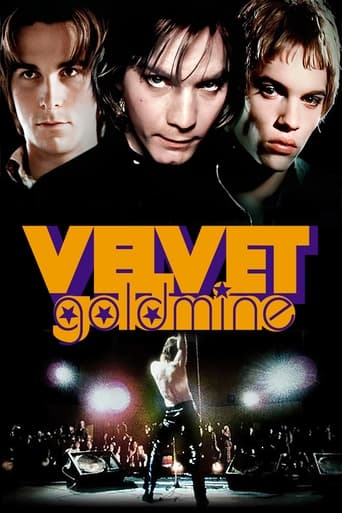

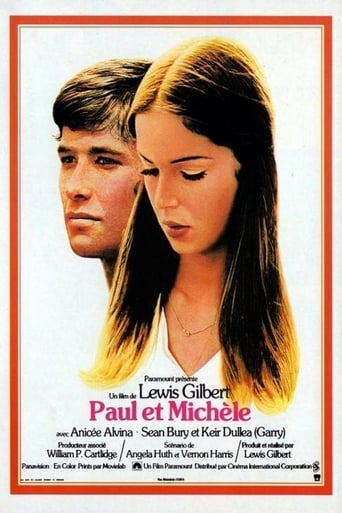
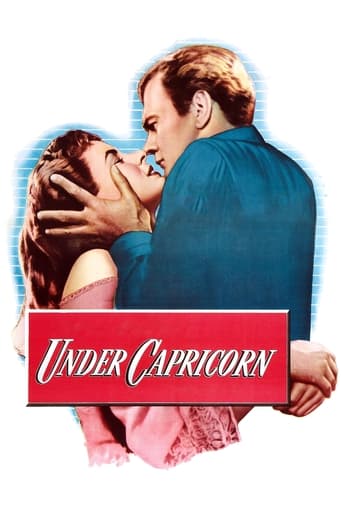
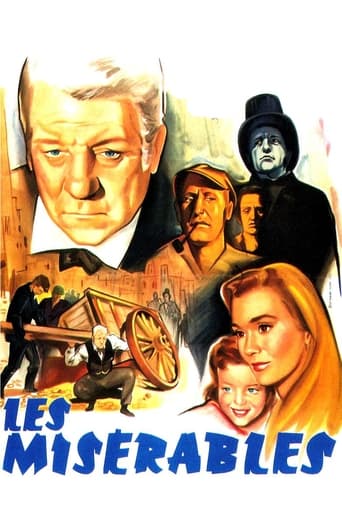
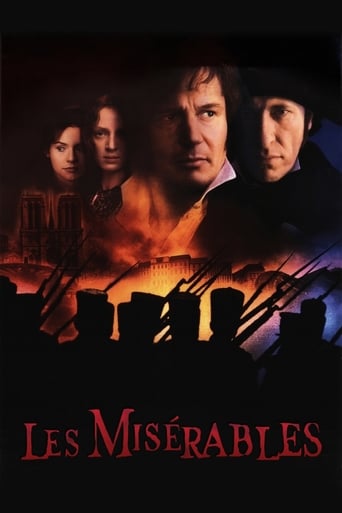

You May Also Like
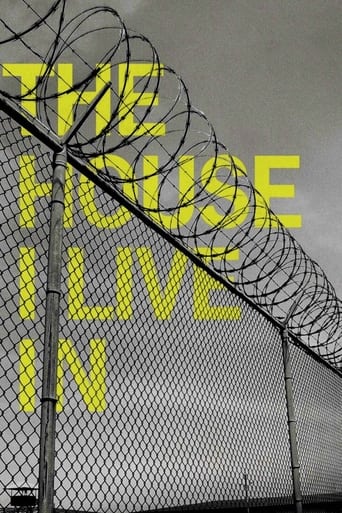
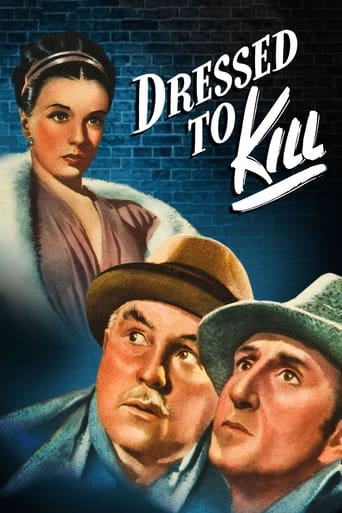

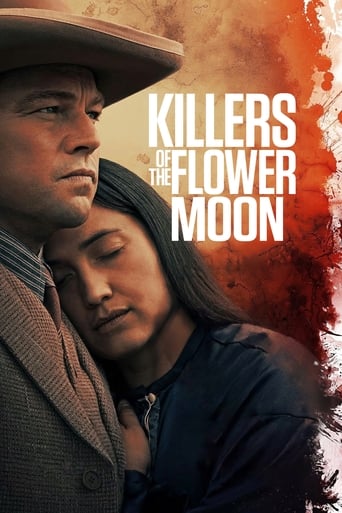
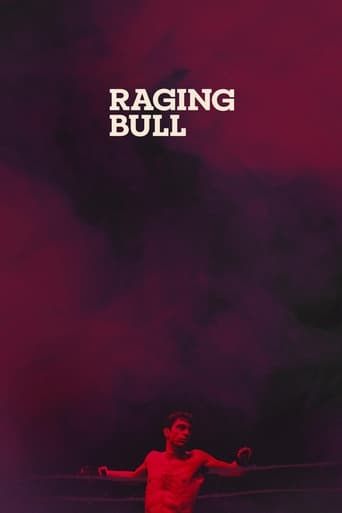

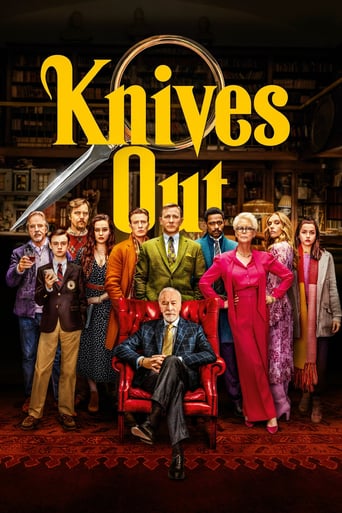

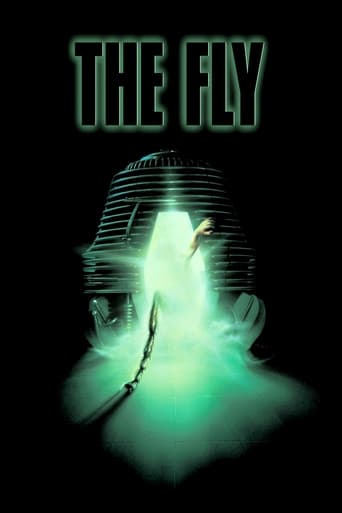
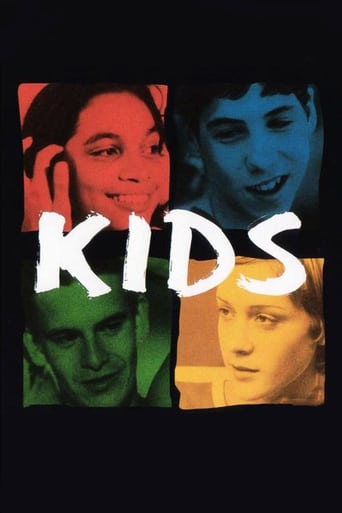
Reviews
Instant Favorite.
It's entirely possible that sending the audience out feeling lousy was intentional
The best films of this genre always show a path and provide a takeaway for being a better person.
This is a coming of age storyline that you've seen in one form or another for decades. It takes a truly unique voice to make yet another one worth watching.
English screenwriter, film editor and director Peter Watkins' documentary drama which he co-wrote with screenwriter and researcher Agathe Bluysen, is inspired by real events which took place in the capital city of France during two months in the early 1870s. It premiered on German television, was shot on a set at a factory in France and is a French production which was produced by producer Paul Saadoun. It tells the story about the many citizens of the Third French Republic (1870-1940) and how the history of their nation and Europe was changed during the course of sixty-five days of political revolt by a federation of elected delegates called the National Guard and working class civilians who were dedicated to defend their country and colony from a monarchist restoration and a Prussian invasion by the first Chancellor of Germany Otto von Bismarck (1815-1898), and create an egalitarian social republic. Distinctly and engagingly directed by English auteur filmmaker Peter Watkins, this finely paced reconstruction which is narrated by the director in written words, by two television journalists for Commune TV named Blance Capellier and Gerard Bourlet and interchangeably from multiple viewpoints, draws an informative and interactive portrayal of political philosophy. While notable for its atmospheric milieu depictions, reverent cinematography by cinematographer Odd-Geir Sæther and costume design by costume designer Eloide Delaux, this dialog-driven and narrative-driven story where themes like communalism, authoritarianism, radicalization and management of political power are exemplified and debated, is a collective study of an historical period in French history which explains hierarchical and other methods used in audiovisual media and other educational systems like religious or state education whilst using a singular process of filmmaking where the many participants who had to adapt to the production democratically and not merely examine and represent their characters but also express their own views on them, the central theme and the making of the film, goes beyond acting with their personal commitment. This increasingly reflective, densely biographical and extrovert narrative feature from the early 2000s which is set mostly in Paris and in Versailles, France in the late 19th century seventy-three years before women obtained the right to vote in France, and after the fall of emperor Napoleon Bonaparte III (1769-1821), the Second French Empire (1852-1870) and the Franco-Prussian War (1870-1871), and where the fictitious place coined by a 16th century English Roman Catholic which centuries later became a reality due to human beings is reenacted, is impelled and reinforced by its cogently fragmented narrative structure, subtle character development, rhythmic continuity, use of photographs, introduction to historical people like a French school teacher known as the red virgin of Montmartre who used the pseudonym Clémence and parallels between the political climate of the 19th and 20th century. A reclaiming, ideologically ingrained and justified homage to French children, women and men.
I am trying to remember when I first heard about this film. I think in Frech periodicals when an anniversary of the Commune took place. Latter there was mention of Peter Watkins in a French cinematic magazine- I think Cahiers du Cinema- which I saw and failed to buy. Finally I ordered the film from the organization that Peter Watkins has set up for the promotion of the film, Rebonde pour la Commune. Reflecting on another viewers comment they were not very commercially minded as Harry Potter for example.But the movie was worth it. It is absolutely of the beaten track. Although the events are known to anyone even relatively familiar with modern French history the rendering of the events by the filmmaker is based on two supremely ingenious innovations-one, the idea of transplanting audiovisual journalism in the 19th century- the device of introducing an official TV channel backing the government line and also two young journalists with microphones speaking and interviewing the Communards while the revolution was happening.Two,the idea of making the actors relate their cinematic experience as revolutionary actors with the present political conjecture.Those two ideas were very impressive although the second destroys the momentary suspension of disbelief on which every spectacle is based but that device of exposing the illusory character of a public spectacle has been known since the time of Aristophanes. I do not find it personally the most preferable but I think in such a movie it has a place. As for the idea of introducing modern media in the 19th century visual narrative, I found it brilliant since displayed the ability of modern propaganda devices in a earlier historical setting.The propaganda powers of the moving visual image is something historically unequaled- one can not compare its power with the pictures of biblical themes in the interiors of medieval churches or with the suggestion created by statues and temples in antiquity-Augustan Rome for example.Modern historians of the Commune have as sources the written word, the press and photographs that existed then and were used by the police to identify suspects. But film is another story-I can not remember if Watkins cites his sources but the movie follows a factual rendering of the Commune day by day and this is how it is structured with the emissions of the media used as interludes. An admirable achievement. P.S. I can not but observe the difference between this movie and the film about Marie-Antoinette. Of course the perspective was different since the film about the Queen was pro-royalist while the film about the Commune was pro-revolutionary but many other differences existed. The film of Watkins was based on the assumption that history is made by the masses whose action he tried to portray while Coppola's film was based on the assumption that history is made b personalities- by members of the ruling elites, since crowds- not smart crowds- but real crowds appear only once in Coppla's movie and then only in terrifying and then malleable fashion.I can not imagine a more fundamental difference of rendering events related to two of the major French Revolutions- a tribute to the richness of life and art that seeks to portray it.
Truly exceptional film making really breaking down the barriers of what is storytelling and letting everything run free. Peter Watkins does what would seem the impossible, not only create a realistic re-enactment of the commune in Paris (just after the siege of the Prussians and the exile of the bourgeois to Versailles) using only an abandoned warehouse and 200 odd unemployed French citizens and illegal immigrants but also to on top of that add a detailed and amazing social experiment. Putting these people through this experience and then have them portray not only their 1871 characters but also themselves in the one film. To hear these people talk about life today and draw parallels between the film they are making and the lives they lead is quite invaluable information. And as if that alone wasn't enough there is the whole other element of the media and how sides are formed and why people believe what they do and how things are taught and passed down so that divides never seem to cease. The use of reporting and television and newspapers really give this film a whole other level from which to operate and constantly throughout the film one has to ask themselves "who do I believe, do I believe anyone" "why am i believing what this person says and not this person" then as if one hasn't had enough thinking to do already you then, like the cast, have to project forward to today and ask yourself who do i believe when it comes to the reporting of current events? Am I receiving an accurate picture of what is occurring? I don't think anyone who offers themselves up to this 6 hour masterpiece can look at the media in quite the same way. Once again I just have to say this film is without a doubt set to become a masterpiece to filmmaking and I urge anyone who happens to see it on a program for a festival or perhaps even on television to sacrifice those few hours, you wont be disappointed. Also is you are left in awe after its viewing as I was then look out for the Universal Clock- The Resistance of Peter Watkins, it acts as a sort of "making of" but is a film in its own right and gives insight to what it was like to be involved in the making of Le Commune Paris 1871
Other viewers' comments (thus far) encapsulate most of my feelings about this amazing film (shot on high-quality B&W video, actually). I would add that La Commune divides naturally into two parts, and would be comparatively easy viewing on different nights. The most dramatic moments, obviously, are in the second half - not just the scenes of the Communards defending Paris, but seeing more of the actors commenting on the project, which is when Watkins' strategy of having them react "as" the people they are portraying rather than simply giving them lines to read, really pays off. Personally, I'm glad I was able to see the whole thing build up to those moments.But however you decide to do it, see La Commune. It will move you and make you think about your (very real!) ability to be a political actor, to make a difference, to take control of your life, even in a terrible time like the present. To use a much overused word, it's empowering.
Top Streaming Movies













